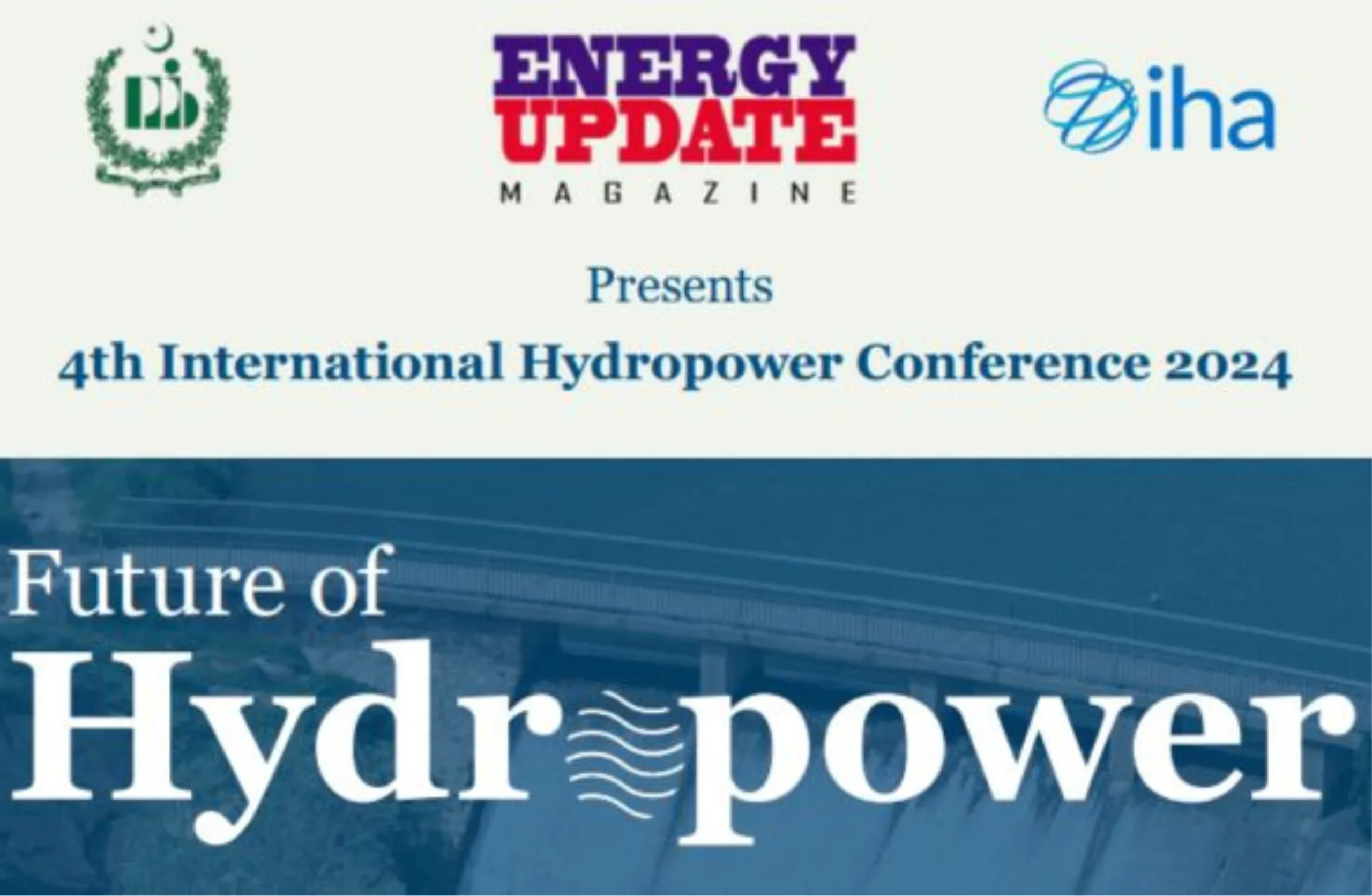Islamabad, Jan 9: Pakistan’s untapped hydropower resources offer a promising avenue for sustainable energy development, according to experts at the 4th International Hydropower Conference 2025.Held on January 9, 2025, at the Marriott Hotel in Islamabad, the conference brought together industry leaders, policymakers, and global experts to discuss hydropower’s transformative role in shaping a sustainable energy future for Pakistan.
Senator Sherry Rehman Emphasizes Renewable Energy Transition
Senator Sherry Rehman highlighted the critical need for sustainable and affordable energy to drive the nation’s development. She emphasized that while Pakistan contributes less than one percent to global carbon emissions, it is committed to generating 50-60% of its power through renewable energy and hydropower. Rehman stressed the importance of transitioning from imported fossil fuels to renewable sources like wind and solar to reduce carbon emissions and enhance energy security.
Dr. Shah Jehan Mirza Discusses Hydropower Potential
Dr. Shah Jehan Mirza, Managing Director of the Private Power Infrastructure Board (PPIB), revealed that of the total identified 64,000 MW hydropower potential in Pakistan, only 11,000 MW is currently being utilized. He noted that while hydropower projects have significant benefits, they typically take 7-8 years to complete, and financing remains a challenge. However, he highlighted the government’s success in attracting substantial investment in the power sector, citing the Karot and Sukki Kinari hydropower projects as examples.
International Perspectives on Hydropower Development
Malaysian High Commissioner Dato’ Mohammad Azhar Mazlan commended the conference organizers and emphasized that energy is the backbone of a country’s economy. He stressed the need to develop indigenous technology for hydropower generation and praised Pakistan’s “Uraan Pakistan” program under the leadership of Prime Minister Shehbaz Sharif.
WAPDA’s Commitment to Clean Energy
General Manager of WAPDA, Tanveer Mujahid, underscored the importance of clean and green energy for the country’s development.He explained that hydropower currently constitutes 30% of the total energy mix, and WAPDA is actively pursuing various projects to add more clean energy to the system. Mujahid shared that around 10,000 MW of clean energy will be added to the national grid through projects like Diamer Basha Dam (4,500 MW), Mohmand Dam (800 MW), Dasu Stage 1 (2,150 MW), and Tarbela 5th Extension Project (1,510 MW).These projects aim to support food security by ensuring water availability for agriculture.
Private Sector’s Role in Hydropower Development
Hafiz Isahak, CEO of TNB REMACO, highlighted his organization’s expertise in providing maintenance, repair, diagnostic, and project management services for the power sector in Malaysia and other countries, including Kuwait and Saudi Arabia.He shared examples of their partnerships in Pakistan, such as the Balloki Combined Cycle Power Plant (1,223 MW) and the New Bong Escape Hydropower Plant (84 MW).
CPEC’s Impact on Pakistan’s Power Sector
Dr. Muzammil Zia, focal person for the China-Pakistan Economic Corridor (CPEC), described CPEC as a game-changer for Pakistan’s power sector.He noted that 17 power projects with a combined capacity of 9,000 MW were established under CPEC’s early harvest plan, including the 720 MW Karot and 840 MW Sukki Kinari hydropower projects.









